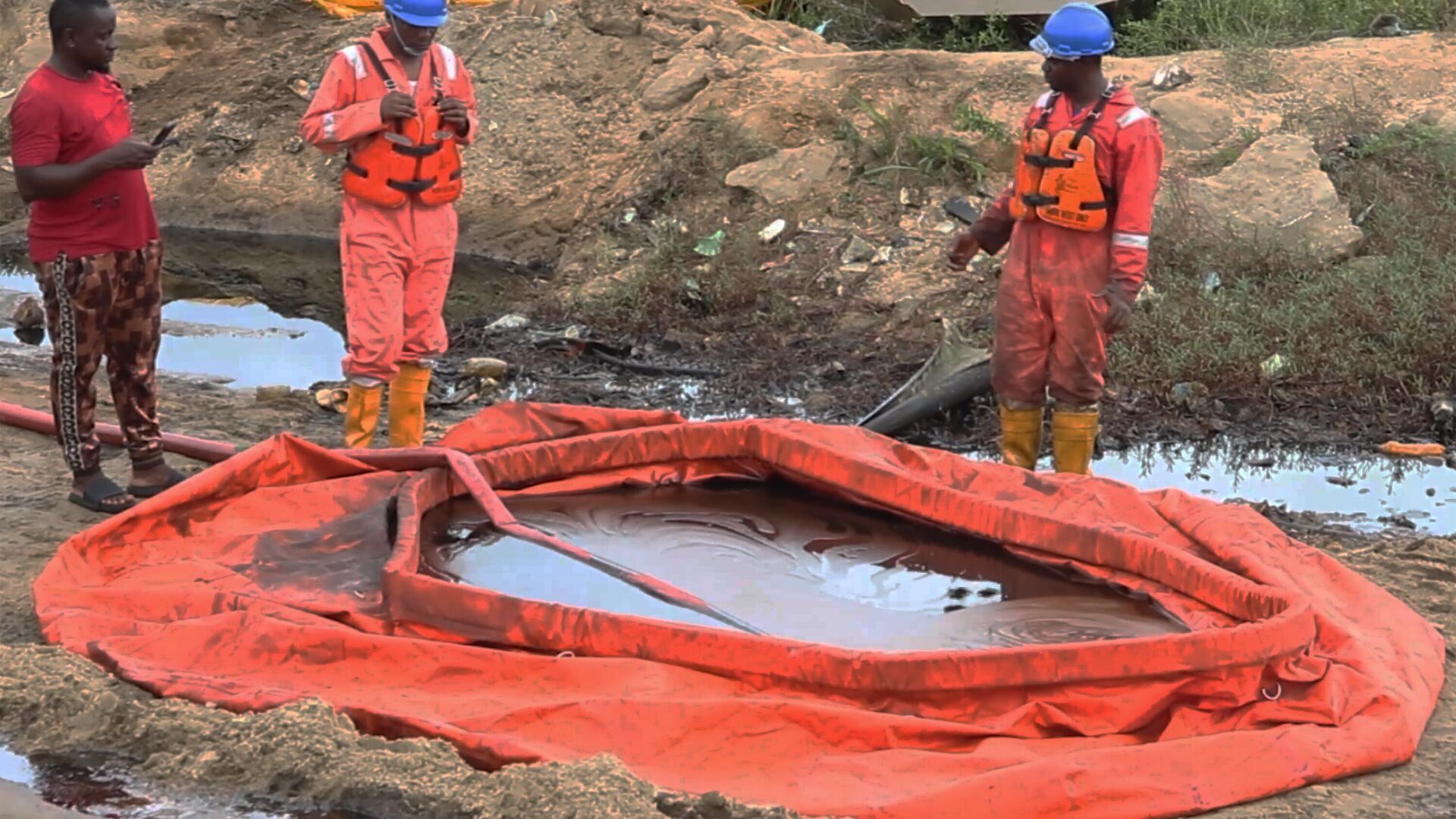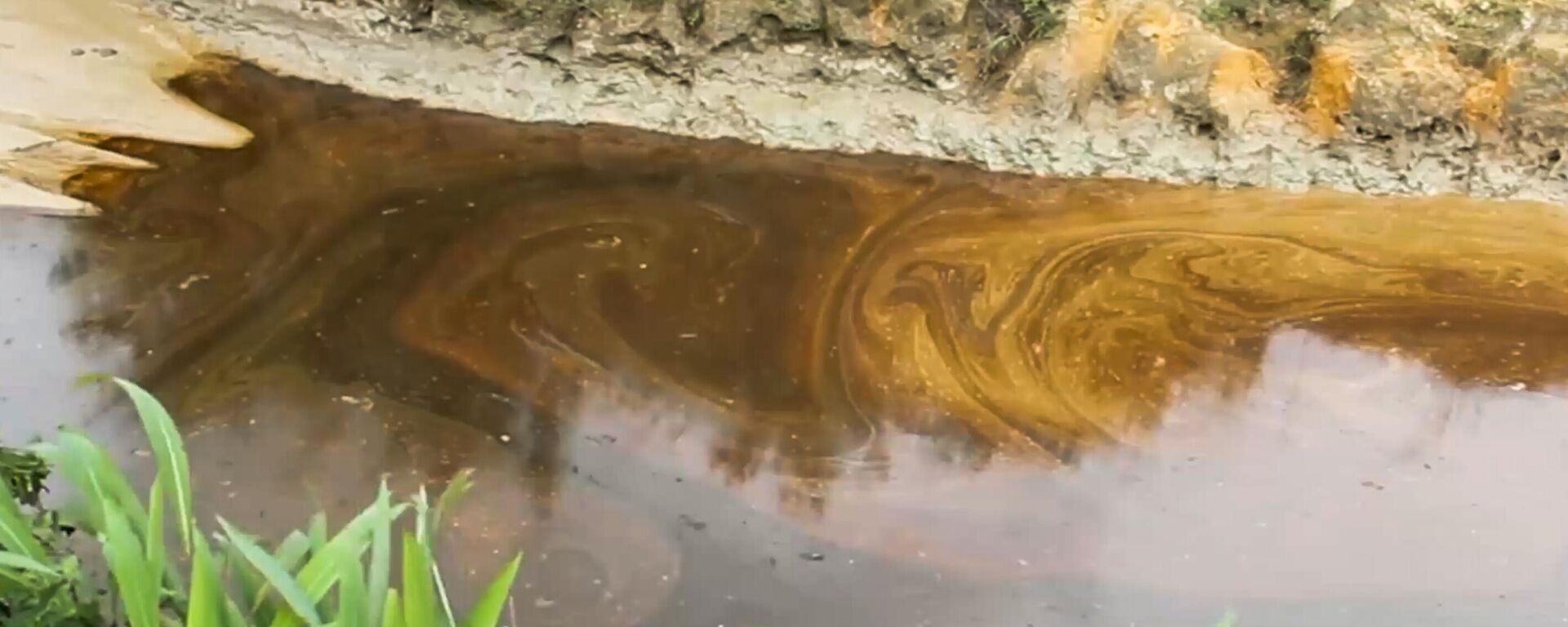https://en.sputniknews.africa/20240819/radiation-detected-in-the-niger-one-of-africas-largest-rivers-researchers-say-1067919488.html
Radiation Detected in the Niger, One of Africa's Largest Rivers, Researchers Say
Radiation Detected in the Niger, One of Africa's Largest Rivers, Researchers Say
Sputnik Africa
The Niger, Africa's third-longest river after the Nile and Congo, is a vital lifeline for millions of people. Its vast delta, spanning over 70,000 square... 19.08.2024, Sputnik Africa
2024-08-19T14:07+0200
2024-08-19T14:07+0200
2024-08-19T14:40+0200
sub-saharan africa
niger
nigeria
niger river
environment
pollution
science
radiation
radioactive
https://cdn1.img.sputniknews.africa/img/07e8/02/1c/1065296523_0:102:3000:1790_1920x0_80_0_0_0f63170b51e169d48ab8946e218292b7.jpg
A recent study by Nigerian scientists has revealed alarming levels of radioactive contamination and hazardous chemicals in the Niger Delta's coastal areas. Analysis of water and fish samples showed that uranium and thorium levels were four times higher than the global average, while background gamma radiation was nearly twice the safe limit.The research also identified harmful chemicals, including lead, benzene, toluene, ethylbenzene, and xylene, in both the water and fish tissue. These substances, potentially released during oil spills and gas flaring, contribute to the region's air and water pollution.The researchers are urging Nigerian authorities to take immediate action to clean up the Niger Delta. They've also warned local communities about the risks of consuming contaminated water and fish.
https://en.sputniknews.africa/20230626/shell-pipeline-leak-contaminates-farms-and-rivers-in-nigeria-1060174243.html
niger
nigeria
niger river
Sputnik Africa
feedback@sputniknews.com
+74956456601
MIA „Rossiya Segodnya“
2024
News
en_EN
Sputnik Africa
feedback@sputniknews.com
+74956456601
MIA „Rossiya Segodnya“
Sputnik Africa
feedback@sputniknews.com
+74956456601
MIA „Rossiya Segodnya“
niger, nigeria, niger river, environment, pollution, science, radiation, radioactive
niger, nigeria, niger river, environment, pollution, science, radiation, radioactive
Radiation Detected in the Niger, One of Africa's Largest Rivers, Researchers Say
14:07 19.08.2024 (Updated: 14:40 19.08.2024) Ekaterina Shilova
Writer / Editor
The Niger, Africa's third-longest river after the Nile and Congo, is a vital lifeline for millions of people. Its vast delta, spanning over 70,000 square kilometers, is a rich tapestry of mangroves, swamps, and tropical forests, supporting a diverse ecosystem and providing sustenance to countless communities.


